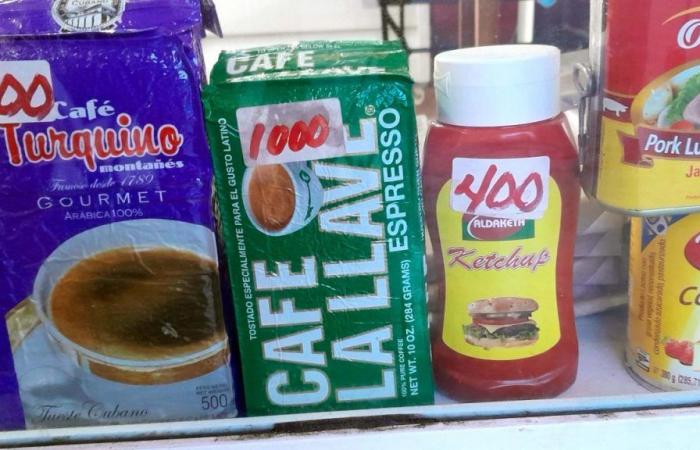The Government of Cuba encountered the prices and profits that state companies can decide when they make business with the MSMEswhich in the face of the chronic production crisis and semi-paralysis of the economy, have become suppliers of imported products and inputs that are then acquired by State entities.
According to Resolution No. 209 of the Ministry of Finance and Prices, published by the Official Gazette Ordinary number 57, dated June 25, the measure is part of the economic package announced by the authorities at the end of 2023, and which the official jargon calls “Government projections to correct distortions and boost the economy.”
In addition, Its application arises from taking into account “the high level of inflation achieved in recent years”says the rule, and seeks to “contain the expenses incurred by state entities, in their economic relations with non-state forms of management, through the determination of maximum utility in the acceptance of prices and rates.”
The Resolution provides “to establish that state entities, in the economic contracting process with non-state management forms for the acquisition of goods and services, agree on prices and rates whose maximum profit rate does not exceed thirty percent (30%) of the total costs and expenses, as well as the amount corresponding to the application of taxes on sales and services.”
The legislation also states that “provincial councils and municipal administration councils are empowered to approve the maximum prices and rates for the goods and services they select from among those acquired by state entities from the non-state sector, taking into account the particularities of each territory.”
This provision comes into force on July 1.
The Cuban authorities have launched a campaign to reduce inflation based on price controls and sanctions on merchantswhich avoids pointing out that the unstoppable increase in the value of goods and services originates from the economic crisis suffered by the country, aggravated as a result of the application of the Great Planning Task package, in January 2021.
The impoverished production of goods in Cuba has been alleviated by numerous MSMEs, which import finished goods from abroad, especially from the United States, and sell them at supply and demand prices that cannot be paid by the majority of Cubans. The above also deepened the dollarization of the informal market on the Island.
As an alternative solution, State companies acquire imported products through non-state forms of management to fulfill their productive commitments. This covers everything from bakeries that do not have flour for their products to official trade networks that offer food purchased through MSMEs.
Given the complaints that this has caused among the population, The Government wants to send the signal that it seeks to lower pricesalthough the dollar stores managed by the Cuban military already sell products with profit margins of more than 100%.
In addition, The economic package applied as a supposed remedy for the problem from 2024 onwards has consisted of raising prices and tariffs that have affected, among others, the sale of gasoline and fuel at gas stations (this trade, also partially dollarized); the prices of tickets on buses, trains and national planes; domestic gas; natural and traditional medicine; the electricity rate for large consumers, etc.






